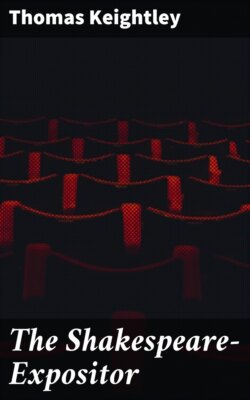Читать книгу The Shakespeare-Expositor - Thomas Keightley - Страница 49
На сайте Литреса книга снята с продажи.
4.
ОглавлениеThe following instance is a convincing proof of the evil consequences of the proof-sheets not having passed under the author's own eye. Sismondi, the celebrated historian of France, wrote an historic tale named Julia Severa, which was of course written in French, and it was printed at one of the best offices in Paris; but the author himself did not see the proofs, whence, though it makes only two rather slender duodecimo volumes, there are actually whole pages of errata! I know, by the way, no better mode of weaning oneself from what I shall presently describe as printer-worship than a habit of examining the errata in books printed in the two last centuries. Further, in good printing-offices, at least in this country, it is the practice that the proofs, after they come from the compositor, should be read in the office and corrected before they are sent to the author or editor; while, even at the present day, in the Royal printing-office in Copenhagen there are no readers, and the sheets are sent out just as they come from the compositor, and what that state is must be known to any one conversant with printing-offices. Now it is very possible, or rather highly probable, if not certain, that such was the case in England also in former times; and supposing that it was the editors, and not Blount, that read the proofs, as the wretched state of the punctuation might seem to indicate, we need not feel any surprise at the very unsatisfactory state of the text of the folio of 1623. In opposition, however, to this opinion, the Cambridge editors think that "there were no proof-sheets, in those days, sent either to author or editor," and that "after a MS. had been sent to press it was seen only by the printers, and one or more correctors of the press employed by the publishers for that purpose." But on this hypothesis how are we to account for the great correctness of our author's Poems, Spenser's Shepherd's Calendar, the Works of Jonson, Drayton, and others? The following words on the title-page of Marston's Fawne, 2nd edition, offer decisive evidence that authors did read the proof-sheets of their works:—"Now corrected of many faults, which, by reason of the author's absence, were let slip in the first edition."
